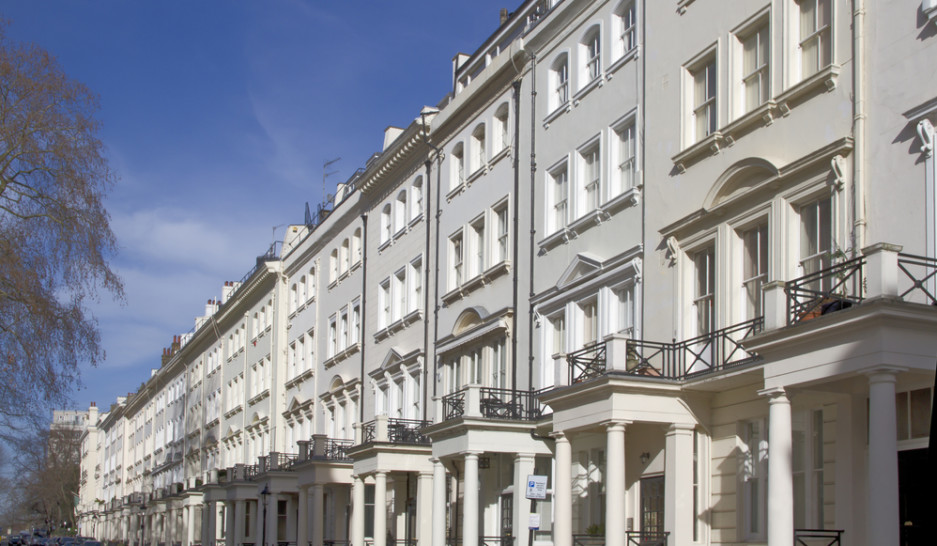July saw annual house price growth of 2% down from 7.9% in July 2014 with predictions that the market will remain subdued until autumn, research by Knight Frank reveals.
The reforms to the Stamp Duty Land Tax (SDLT) saw the levy change from a slab structure to a progressive structure. This meant that instead of paying one rate of tax on the whole value of the property, depending on which band the property price fell within, different rates of tax would be applied to the element of the property price within each band. Rates on the upper bands were also increased. The result was a tax cut for 98% of those eligible to pay the tax and a rise for anyone buying a home priced above £937,500.
Knight Frank’s report revealed the extent of London’s contribution to overall Stamp Duty receipts.
London accounted for 13% of transactions across England and Wales in Q1 but 47% of SDLT income.
In quarter one, £1m-plus London homes accounted for 1% of sales but 26% of Stamp Duty revenue, compared to 20% last year.
The estate agent’s analysis showed that the number of £2m-plus deals in London fell by 25% in the first quarter of 2015.
Further tax changes, announced in the Chancellor’s summer Budget, are expected to have an impact on the pockets of London property market investors. Current tax rules allow non-domiciled (non-dom) individuals, those who don’t consider their home to be permanently in the UK, to only pay income tax on their off-shore income when they bring it into the UK. From April 2017, permanent non-dom status will be scrapped so that anyone who has lived in the UK for 15 of the past 20 years will be classed as UK-domiciled for tax purposes.
Head of London residential research Tom Bill said that while there seems to be some short-term hesitation around recent alterations to non-dom legislation, December’s rise in Stamp Duty appears to have had the single biggest dampening effect on demand.
Some life was breathed into the London property market after the result of the general election was announced, ushering in a single Conservative government, laying to rest the fear of a mansion tax proposed by the Labour Party.
But Bill said despite the strong underlying economy, the number of tax changes, which have a particularly strong impact on London, has meant the market is still undergoing a period of readjustment.

















